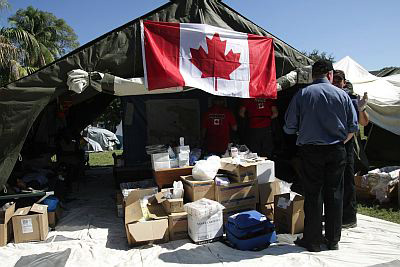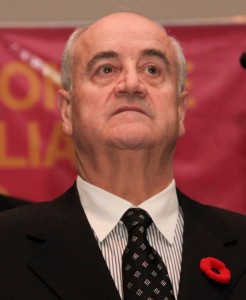by Kim Mackrael, Globe and Mail, Sept 4, 2013
The federal government is looking to significantly reduce the amount of aid it sends to Haiti, according to internal documents, saying it has fulfilled its post-earthquake commitments to a country that has long played a key role in Canada’s development strategy. A spokesman for the newly formed Department of Foreign Affairs, Trade and Development said last week that future funding for the Caribbean country is “still under review.” But briefing notes obtained by The Globe and Mail show the government made plans to scale back its contributions to Haiti to about $90-million per year – a major drop in funding for a country that has been a Canadian priority for years.
 “The Haiti program is planning against an indicative budget of $90-million annually, which reflects the level of funding prior to the 2010 earthquake, is commensurate with development needs in Haiti and Canada’s traditional role there,” say the documents, which were written in the fall of 2012.
“The Haiti program is planning against an indicative budget of $90-million annually, which reflects the level of funding prior to the 2010 earthquake, is commensurate with development needs in Haiti and Canada’s traditional role there,” say the documents, which were written in the fall of 2012.
By comparison, Canada gave about $205-million in overall assistance to Haiti during the fiscal year ending in March, 2012, including more than $150-million in direct aid from CIDA. It is not clear from the documents whether the $90-million refers to funding for Haiti from all federal departments or only to the portion that was previously managed by CIDA. In 2009, Haiti received about $198-million in total aid from Canada.
Continue reading In the News: Ottawa seeks to dial down post-quake aid to Haiti, documents show

